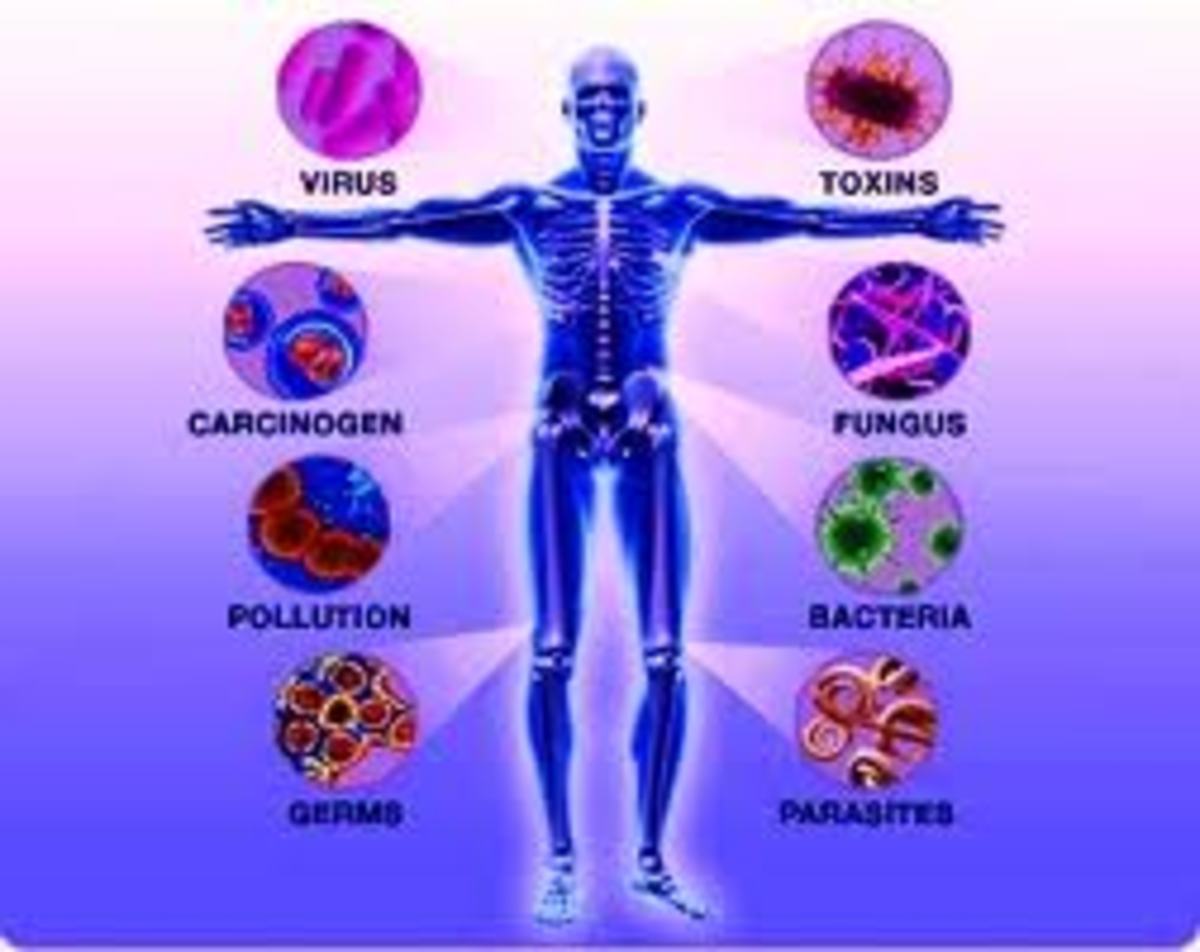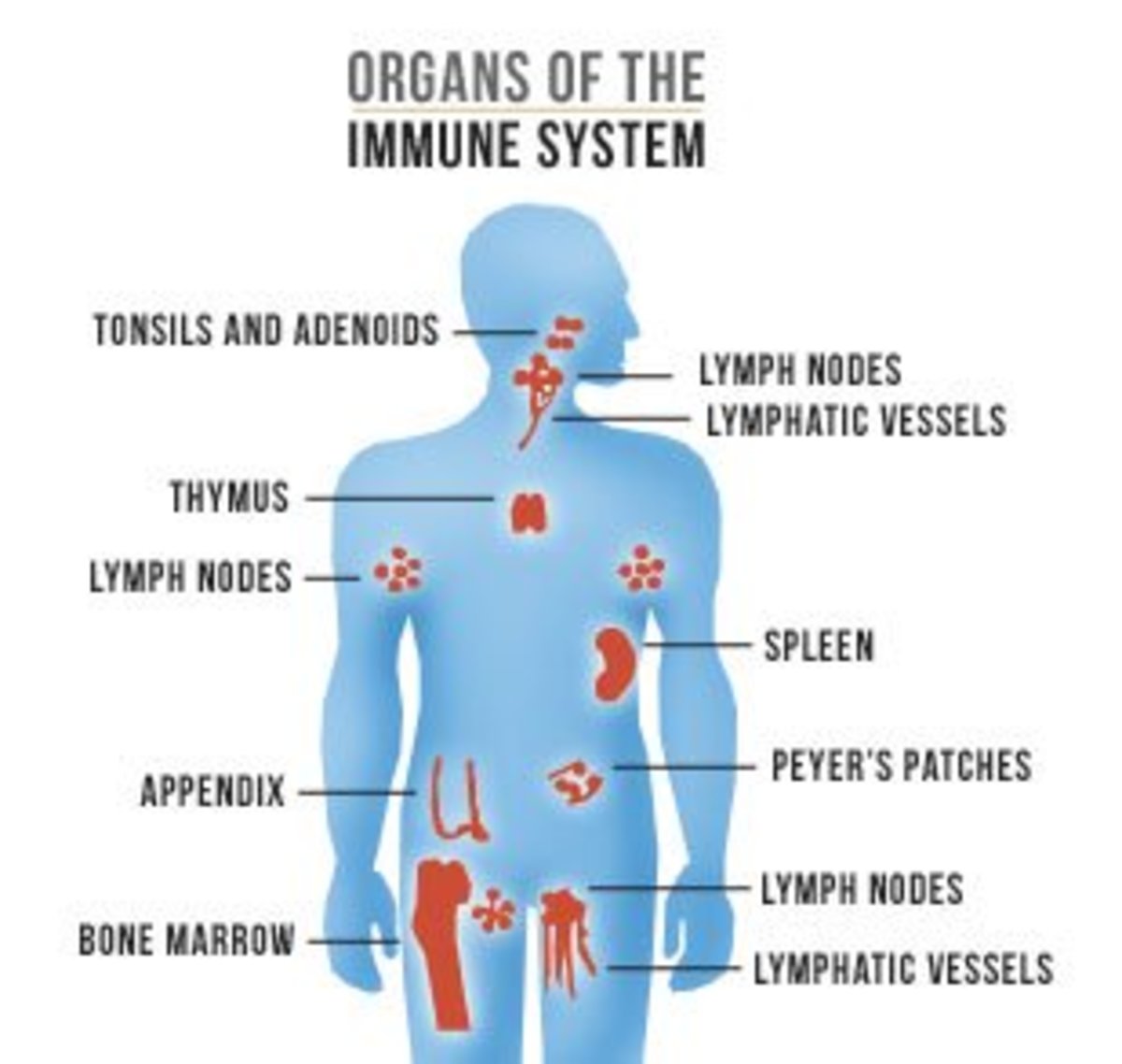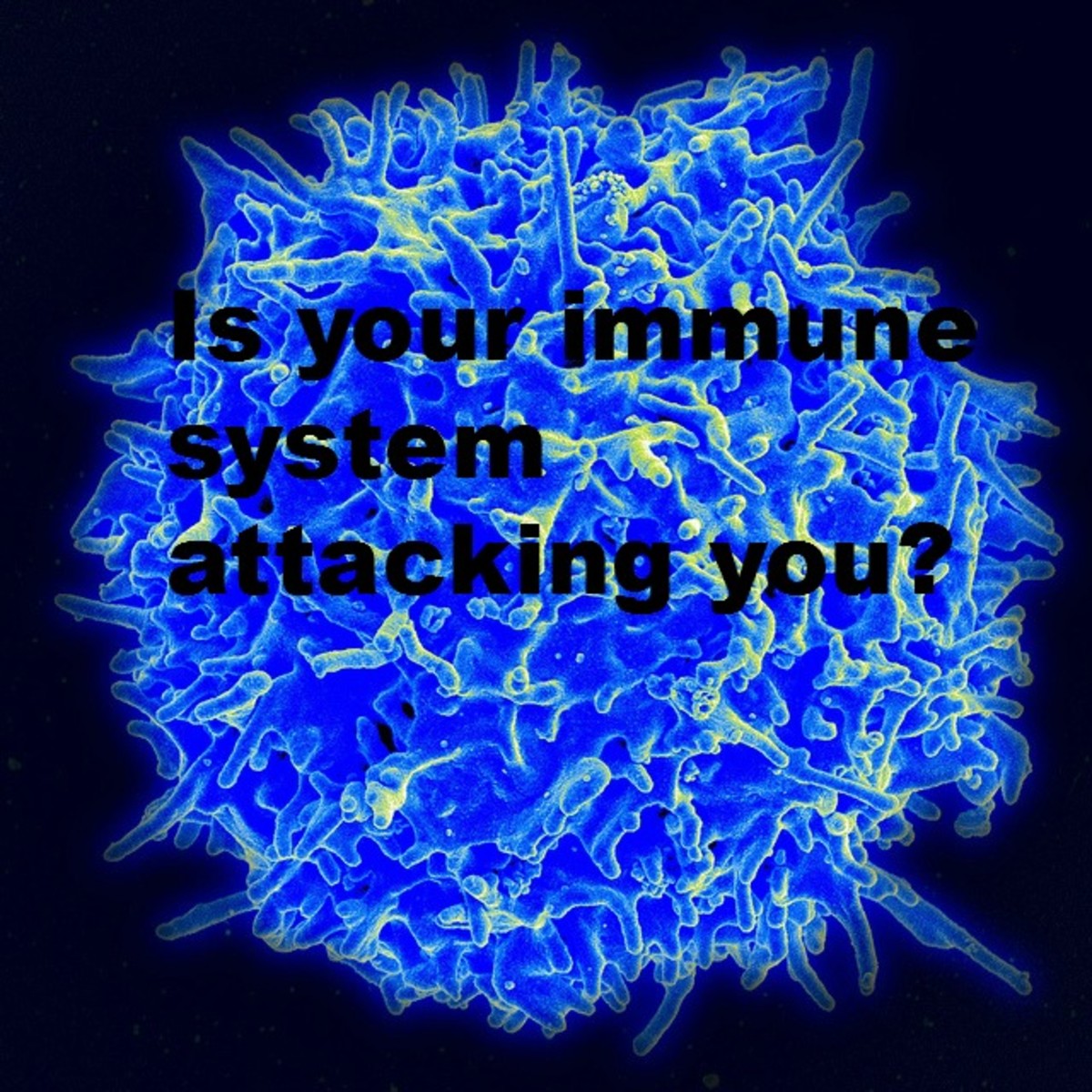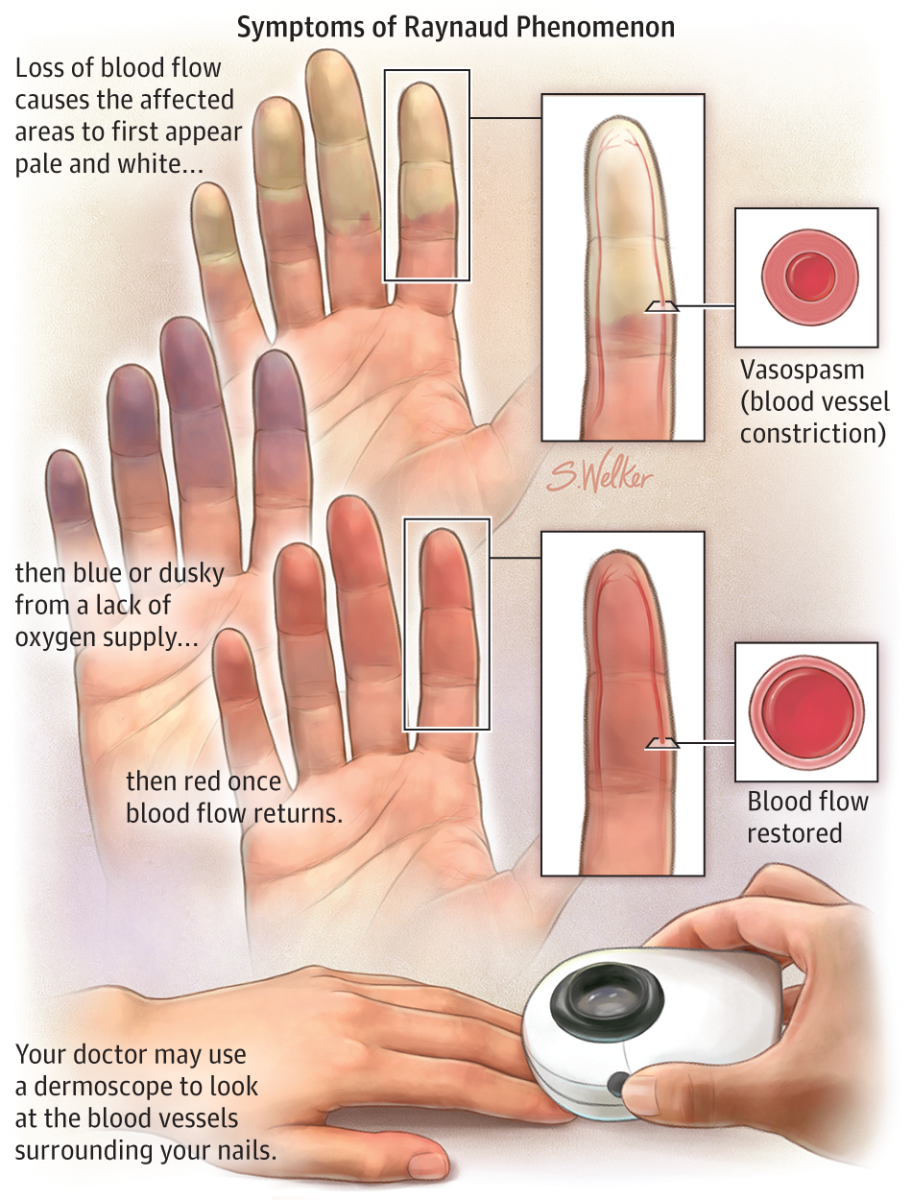How to Get a Stronger Immune System


Your immune system is a network of cells, tissues, and organs working together to protect the body from foreign invaders. It does the most amazing job of defending you against infectious bacteria, fungi, parasites, and other disease causing microorganisms. The human body is the ideal environment for many of these organisms to thrive. It is the immune system's job to keep them out and, if that fails, search and destroy them. The immune system is wonderfully complex with the ability to recognize and remember millions of different invaders. It then produces secretions and cells to wipe them out, protecting you from sickness and disease.
The key to a healthy immune system is its ability to distinguish between your body's cells (self) and foreign cells (non-self). Cells that carry distinctive "self" markers typically coexist peacefully with your immune system. When foreign cells or organisms are encountered, however, the immune system quickly springs into action, launching and attack to destroy the intruder.
In abnormal situations, the immune system can mistake "self" for "non-self" and launch an attack against the body's own tissues and cells. This can result in an autoimmune disease such as lupas, arthritis, and diabetes. In other cases, the immune system can respond in a less harmful way and result in an allergy.
How to Boost Your Immune System
Learning how to boost your immune system is an enticing prospect. The immune system is not a single entity, however. It is a system of several organs working together. Instead of thinking of the immune system boosters it may be better to consider ways of improving overall health. There is still so much that researchers don't know about the intricacies of the immune response. It is believed that basic healthy habits is essential to keeping your immune system in tip-top shape.To ward off sickness and disease, adopting healthy living strategies is your first line of defense. Every part of the human body works better when you consistently practice healthy habits.
Healthy Habits to Improve Your Immune System
|
|---|
Drink more water. This helps flush those toxins that strengthen bacteria
|
Avoid sugar and processed food. Sugar has an almost immediate negative affect on the immune system
|
Excercise
|
Get at least 8 hours of sleep every night
|
Take probiotics.
|
Get some sunshine. This is an great way to get much needed vitamin D.
|
Eat your fruits and vegetables (fresh and raw are the best)
|
Take a daily multivitamin
|
Reduce stress
|
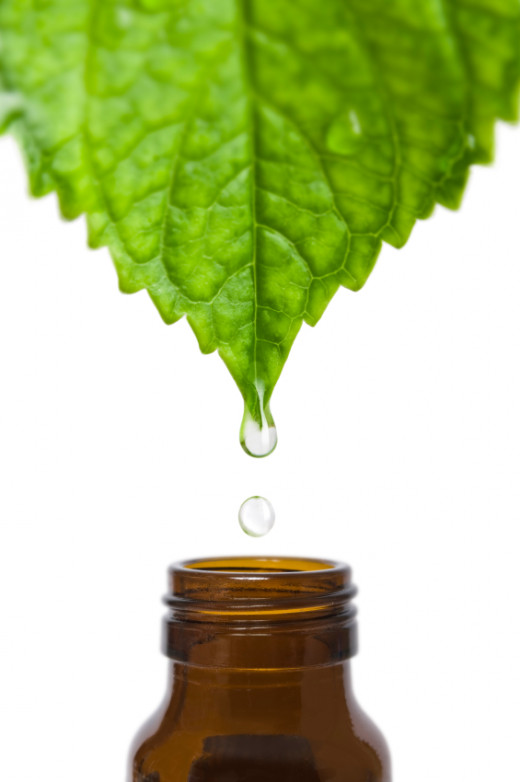
Essential Oils as Immune System Boosters
Just about every essential oil has a beneficial affect on the immune system. Essential oils and aromatherapy naturally help immune system functioning.
- Antibiotic & Antibacterial - lavender, lemongrass, rosemary, and tea tree oils.
- Antiviral - garlic, bay, lemon balm, eucalyptus, marjoram, and tea tree oils.
- Cytophylactic (increases white blood cell activity) - frankincense, lavender, and rosemary.
- Detoxifying - angelica, fennel, juniper, and rose otto.
- Anti-fungal - lavender, myrrh, and tea tree oil.
- Anti-parasitic - Eucalyptus, lavender, rosemary, and tea tree oil.
- Vulneraries (wound healing) - frankincense, lavender, marjoram, and rosemary.
WARNING!
Keep essential oils out of the reach of children. If you have a baby, diffuse in a different room than the one the child is in. Wait 30 minutes after diffusing before allowing the child to enter the room. Do not diffuse essential oils around fish, reptiles, or birds. The essential oil will kill bacterium these animals need to survive. Also, use gentler scents in the presence of cats and dogs. Always dilute essential oils that will be placed on the body before use. 10-20 drops per 8 oz of carrier oil or other liquid is a good ratio for most people. Using undiluted essential oils on the skin can be damaging. Also, make sure to use 100% pure essential oils.
Essential oils make excellent natural immune system boosters. There are many ways to effectively incorporate these oils into your regular routine effectively. Try keeping essential oils in your medicine cabinet (out of reach of children). Some good choices here are eucalyptus and tea tree. A couple of drops added to a cup of water and gargle with it (do not swallow). This is a great way of strengthening the respiratory system which will help to guard against cough, flu, viruses, and colds. Add eucalyptus oil to your lotion to use after your shower or bath while your skin is still moist.This is a good way to protect your body from various germs.
Diffusing essential oils in your home for 15-20 minutes protects your home from various germs, mold, bacteria and viruses. It also repels insects and mice and effects the mood of household members in a positive way. You may also want to diffuse just prior to leaving home. This will help you with any germs you may run into while out.
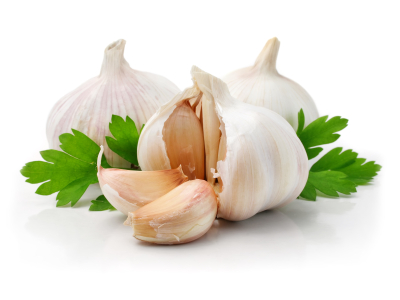
Foods to Boost Immune System
Garlic may have some infection-fighting capability. It has been seen to work against viruses, bacteria, and fungi in laboratory tests. There, unfortunately, is not enough research to clearly see the human benefits but garlic is believed to have major potential. Cultures with a garlic-rich diet have lower incidences of intestinal cancer. This is believed to be due to garlics powerful antioxidant properties. Garlic reduces the build-up of free radicals in the bloodstream.
Ginseng may also have the ability to stimulate immune functioning. Many small studies have been done regarding ginseng as an immune system booster. However, more research is needed.
Omega-3 fatty Acids have been shown to increase the activity of phagocytes (white blood cells). Foods such as salmon, tuna, and mackerel are rich in omega-3s. These essential fatty acids protect the body against over-reactions to infections as well.
Yogurt contains probiotics which are healthy bacteria that keep the intestinal tract free of disease causing germs.
Chicken Soup was investigated by the University of Nebraska and actually found to block the migration of inflammatory white cells.
Turmeric is a flavorful spice that has been used for centuries in traditional Chinese medicines and for cooking. It contains curcumin which is a polyphenol with strong cold and flu fighting properties.
Vitamin C has been much debated when it comes to its ability to prevent viral infections that cause colds. It has not be fully proven when it comes to prevention, however, it has been shown to reduce the severity of cold symptoms and the length of time colds persist. some foods rich in vitamin C are red bell peppers, strawberries, broccoli, citrus, sweet potatoes, and tomatoes.

Zinc deficiency is one of the most common nutritional shortfalls. This is especially true for vegetarians who have cut out beef, a strong source of this mineral. Even a mild zinc deficiency can increase the risk of infection. Zinc is important for the development of white blood cells. Other foods rich in zinc are oysters, chicken, pumpkin seeds, beans, and mineral fortified cereals.
Tea has been shown to assist the immune system. In a recent Harvard study, people who drank 5 cups of black tea per day for 2 weeks had ten times more virus fighting interferon in their blood than than those who drank a placebo.
Oregano is a very potent antioxidants. In fact, it is the highest in antioxidant compounds. When eaten, oregano can protect against influenza, fevers, indigestion, and the common cold.
Over all, maintaining a diverse diet that includes fruits, vegetables, whole grains, and lean protein is the body's best defense against foreign invaders.


